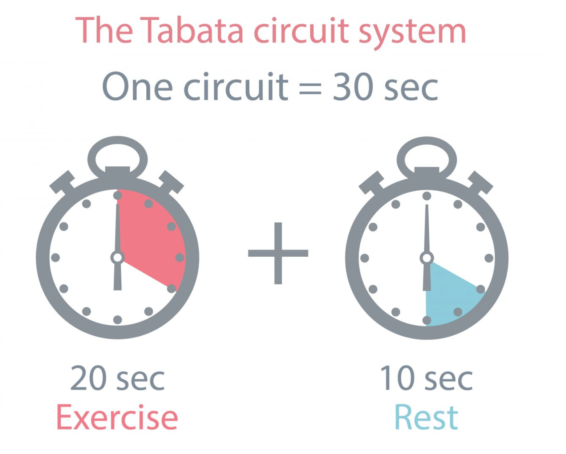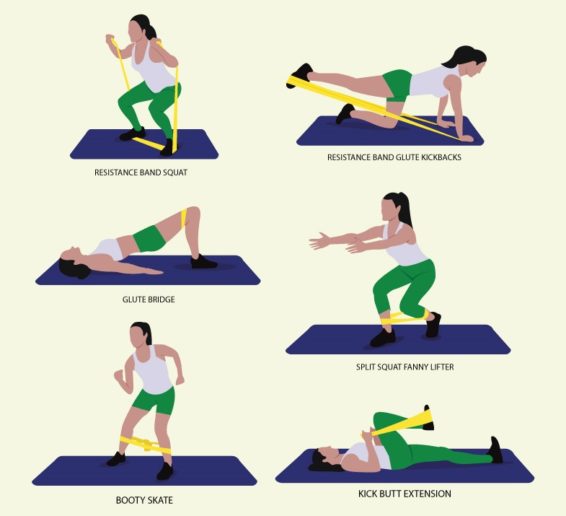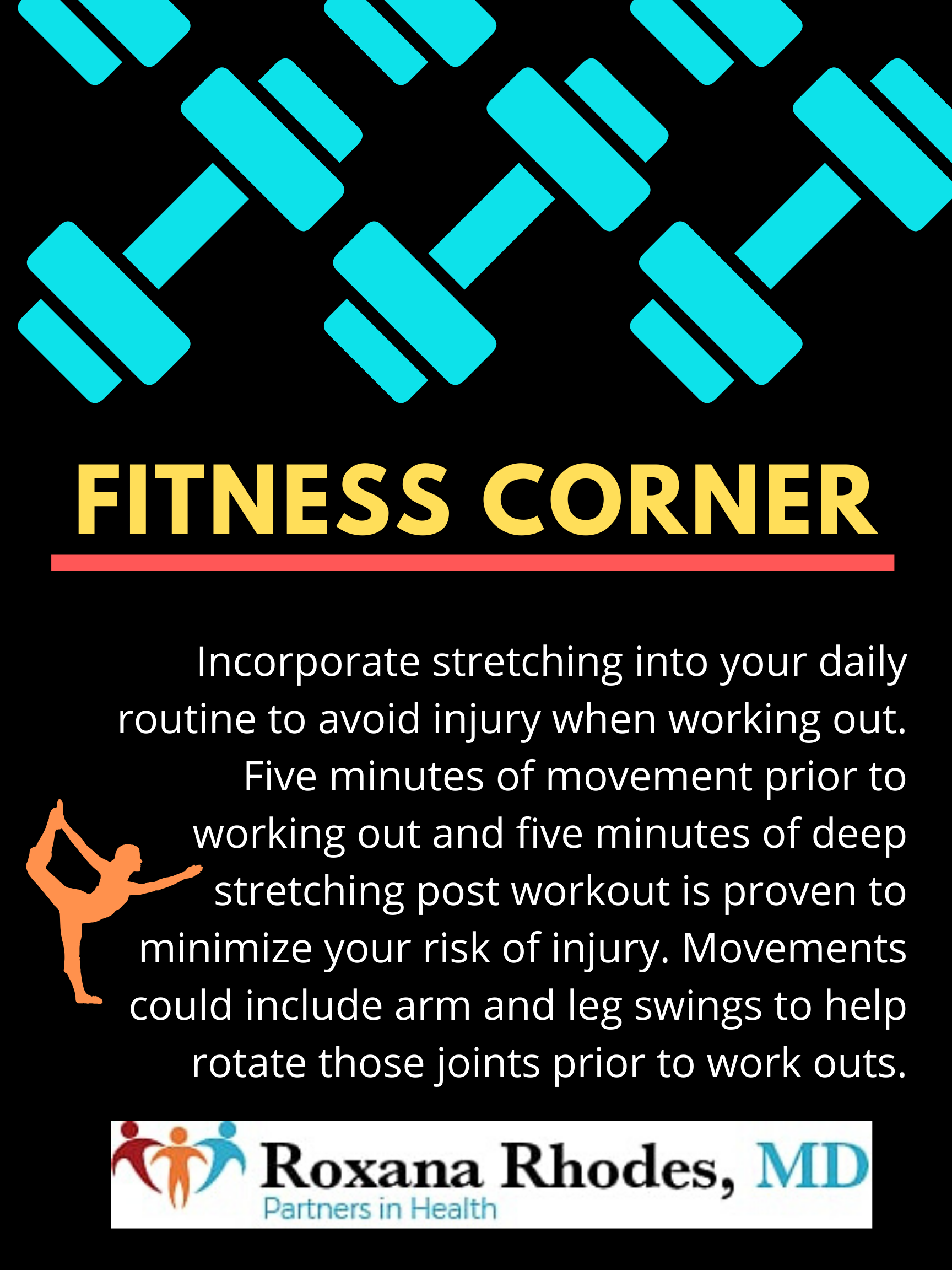
A healthy balance between fat and muscle is vital for health and wellness throughout life. Scientific evidence shows that a healthy body composition will increase your lifespan by reducing the risk of heart disease, cancer, diabetes, insulin resistance, etc., increase energy levels, and improve self-esteem.
A healthy body composition is one that includes a lower percentage of body fat and a higher percentage of non-fat mass, which includes muscle, bones, and organs. Knowing your body composition can help you assess your health and fitness level.
Scales can be misleading as body weight is comprised of muscle, fat, and bone added all together. As part of your concierge membership, we provide the included service of performing a DEXA Body Composition scan to assess your health better. During your concierge wellness exam, we are promoting preventative health for a better you!
As we age, we begin to lose muscle mass and, in turn, end up with a higher body fat percentage %. We work towards keeping you on track with your fitness and nutrition goals to maintain healthy proportions of body mass. In addition to analyzing these results, the scan also provides an accurate depiction of your bone density. Your bone health is also essential in preventing bone loss through the years with the prevention of developing osteoporosis.
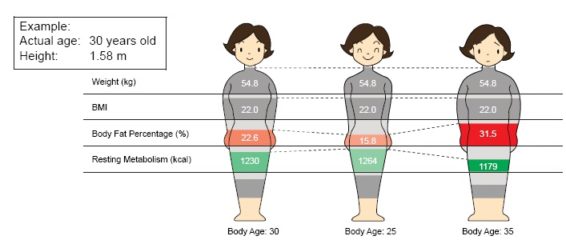
This image depicts a person as they age, remaining the same in weight and BMI, but their body fat percentage is increasing with time. As we age, the body tends to store more fat due to lowered metabolism and hormonal changes. As you can see in the example, her Resting Metabolism decreases proportionally as her body fat percentage increases.
One way to measure your health is by calculating your metabolic age. Your Basal Metabolic Rate is compared to your chronological age group to determine whether your metabolic age is lower or higher than your actual age. The science behind this measurement suggests that if the metabolic age is lower than your actual age, this indicates overall functional fitness and healthy metabolic activity. Body fat requires less energy than lean muscle, as lean muscle is much more metabolically active and therefore requires more energy expenditure to remain in homeostasis.
What is visceral fat?
Visceral fat is a type of body fat that is stored within the abdominal cavity. It is located near several vital organs, including the liver, stomach, and intestines. It can also build up in the arteries. Heart disease, Alzheimer’s, type 2 diabetes, stroke, and high cholesterol are some of the conditions that are strongly linked to too much fat in your trunk.
Common myth: Muscle weighs more than fat – FALSE! They weigh the same.
The density of fat is less than muscle. Muscle takes up approximately four-fifths as much space as fat does.
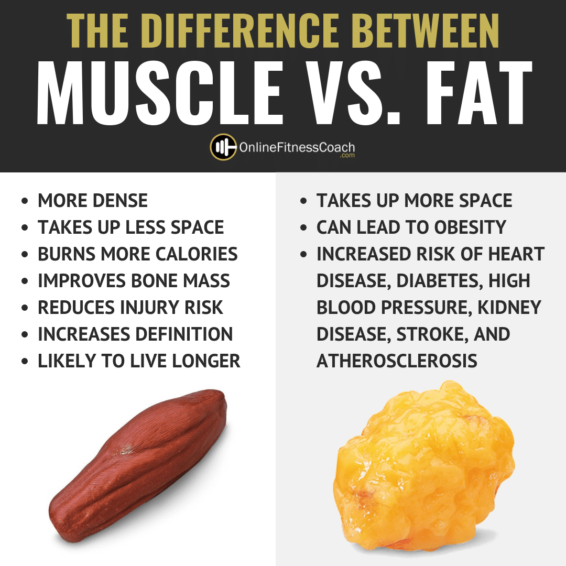
Work towards a healthier you by joining the movement with us every week for Workout Wednesdays!
*Coming soon in May – Relaxation Sundays*







